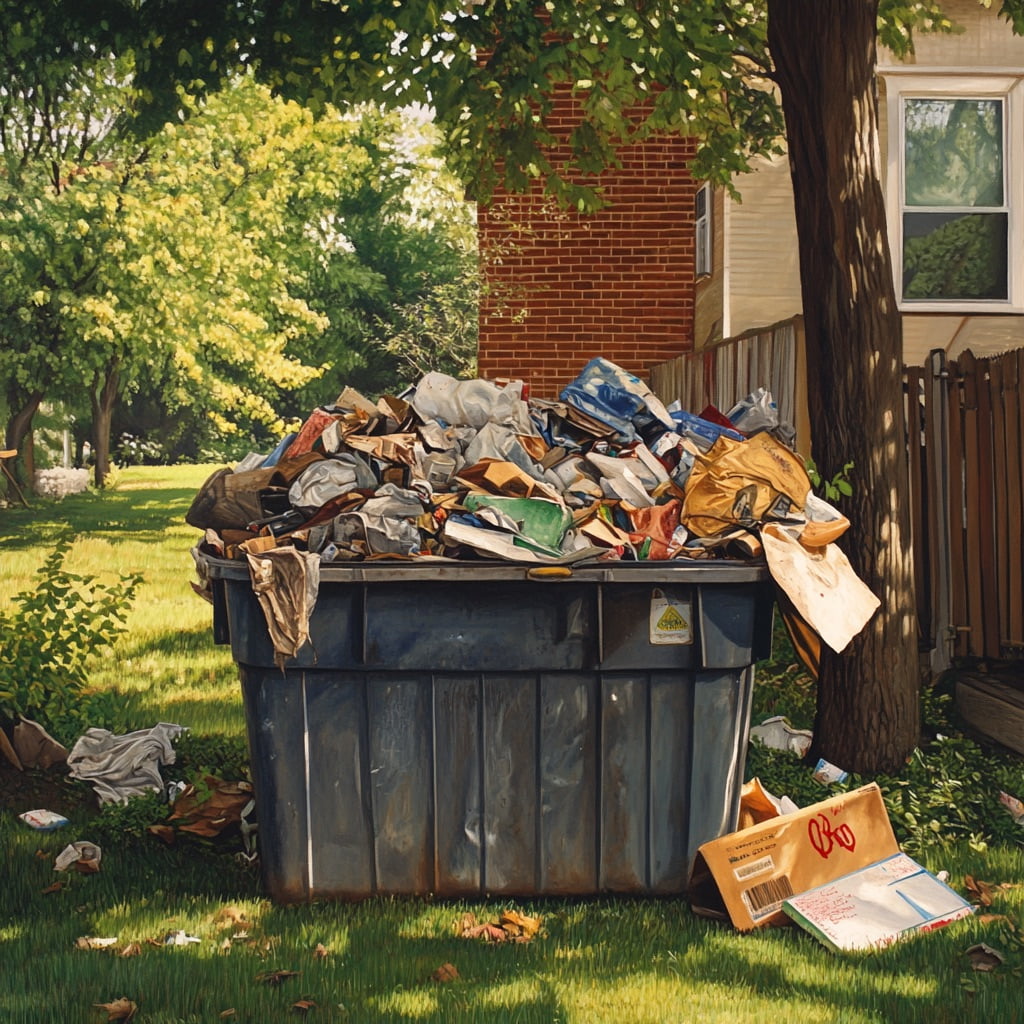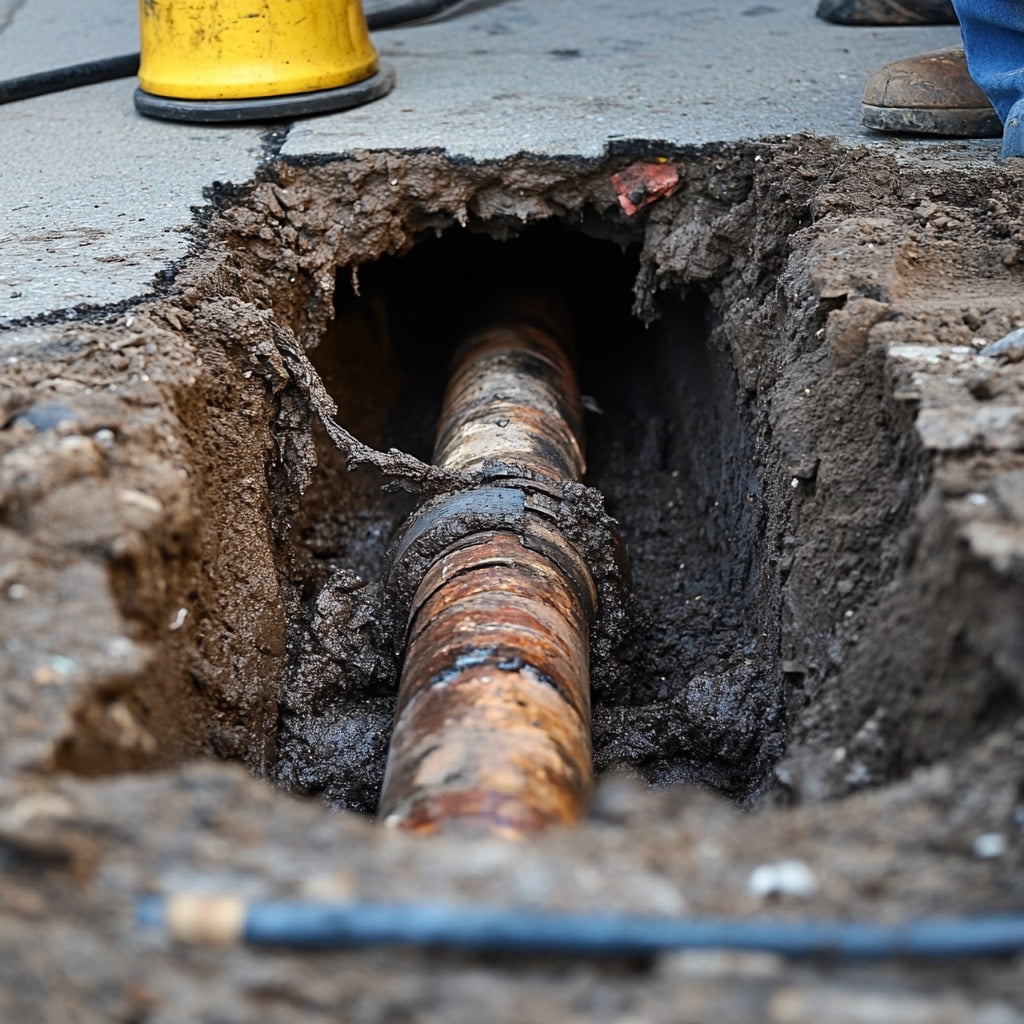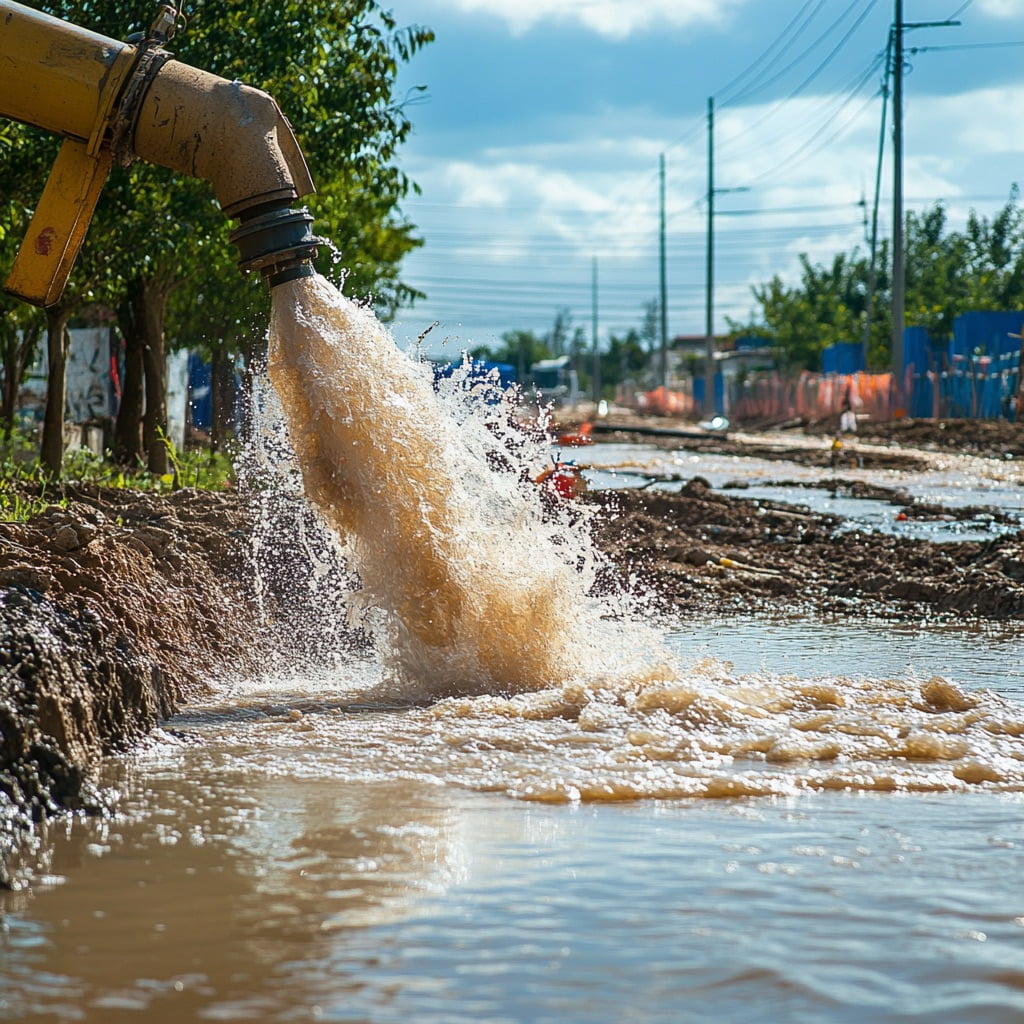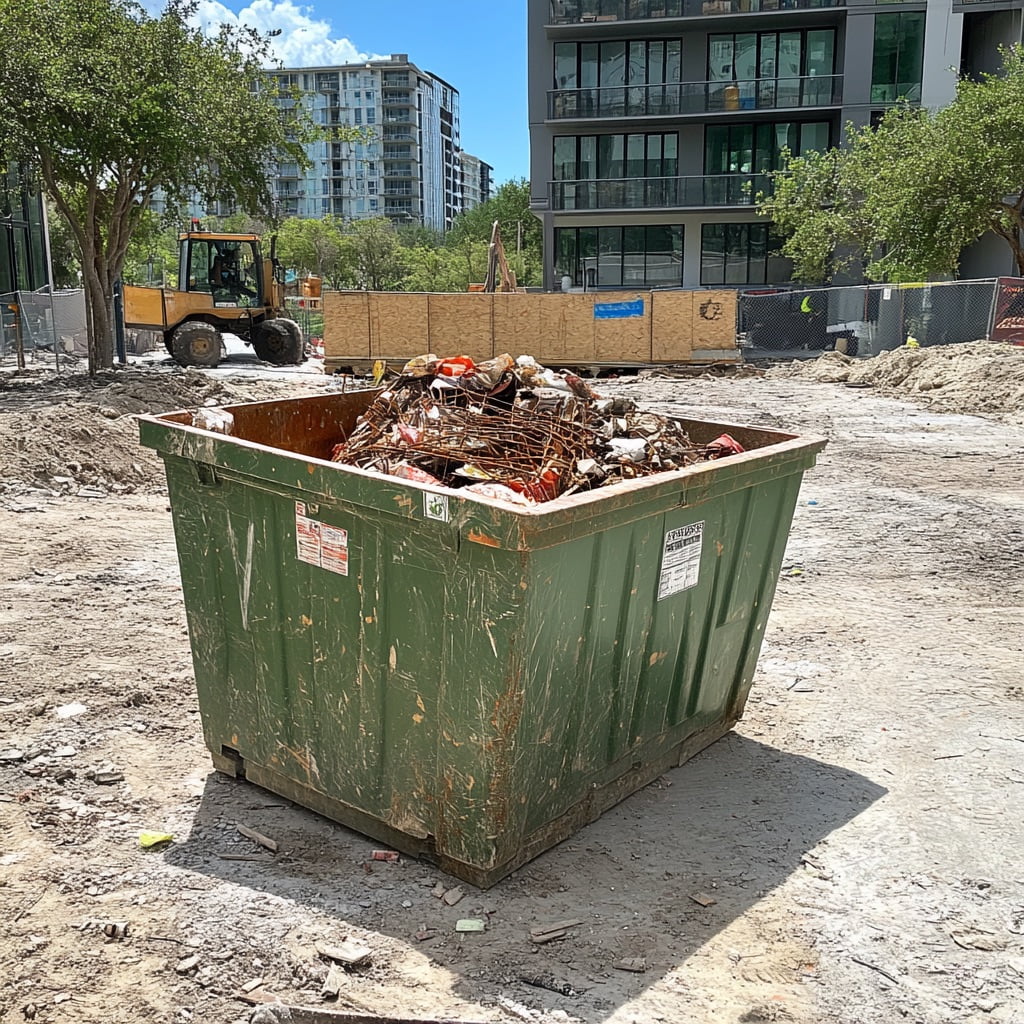Last updated on
Roof damage is part of owning a home. The roof’s wear and tear varies due to various reasons. Some last longer, while some need to be replaced quicker than expected. The lifespan depends on a few conditions, including weather, quality, and maintenance.
But how can you decide whether to repair or replace the roof? The answer is not always straightforward and depends on various factors, such as the extent of damage, the roof’s age, and financial considerations.
This article will help you understand your roof’s condition, evaluate repair versus replacement, and make the best decision for your home and budget.
Assessing Your Roof’s Condition
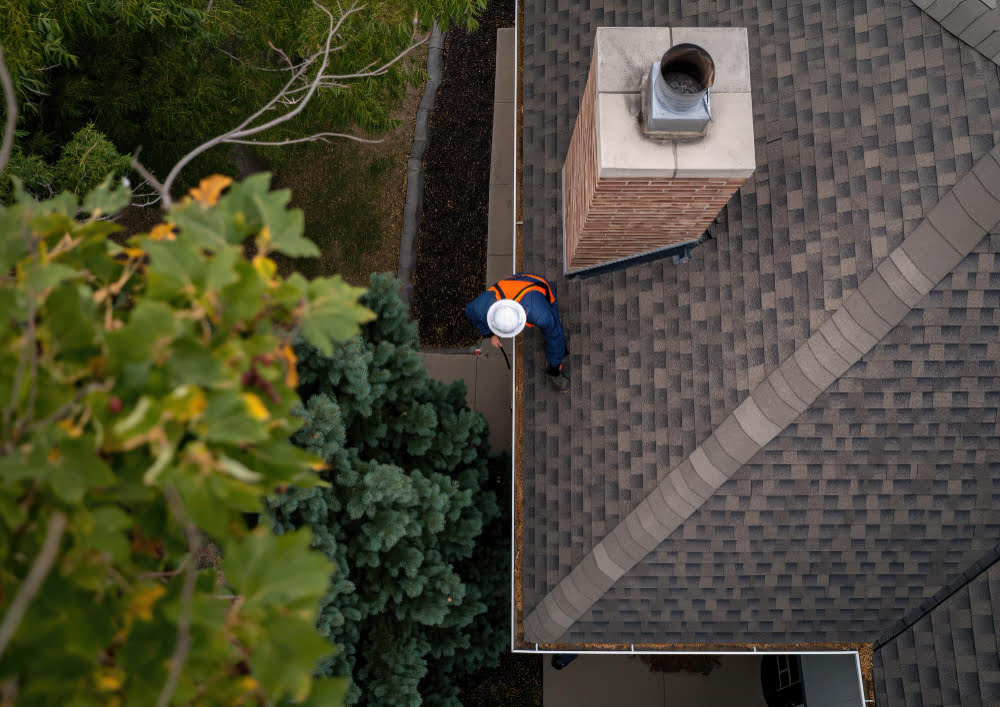
The first step to deciding between repairing or replacing your roof is to accurately assess its condition. This assessment can either be a DIY inspection or, more reliably, through a professional roofing evaluation. Here are some key points to consider during the assessment.
For a DIY inspection, look for visible signs of wear and tear, such as cracked, missing, or curling shingles. Check for any signs of water damage or leaks inside the house, especially in the attic.
However, because climbing on your roof can be dangerous, you can use binoculars from the ground to spot issues or, better yet, hire a professional roofer. Professionals can provide a comprehensive evaluation, identifying problems that may not be visible to the untrained eye.
Signs of Damage
Some common signs indicate your roof may need attention. These include:
- Leaks and Water Damage: Water stains on ceilings and walls, peeling paint, or damp spots alongside fireplaces are clear signs of water damage.
- Missing or Damaged Shingles: Missing, cracked, curling, or discolored shingles indicate a need for repair or replacement.
- Sagging: A sagging roof is a sign of structural issues and typically requires immediate action.
- Moss and Algae Growth: While not always a sign of structural damage, moss, algae, or fungal growth indicates moisture problems and may lead to more serious issues.
Factors to Consider When Deciding Between Roof Repair or Replacement
Deciding whether to repair or replace your roof involves weighing several critical factors. Understanding these can help you make a cost-effective and practical decision. Here is a list of the most important considerations.
Age of the Roof
A roof’s lifespan varies by material. Asphalt shingles, a popular roofing material, typically last 20 to 30 years, while metal roofs span 40 to 70 years. If your roof is at the end of its expected lifespan, replacement is more sensible than a temporary repair.
Cost Implications
Initially, repairing your roof will almost always be less expensive than replacing it. However, consider the long-term costs. Frequent repairs on an aging roof can add up, and a new roof offers better durability, energy efficiency, and resale value. Still, if you can not currently afford to replace your roof, professional roof repair is always a good idea to keep your roof in good shape for a considerable amount of time.
Extent of Damage
Minor damage, like a small leak or a few missing shingles, usually indicates repairs. However, extensive damage affecting the roof’s structural integrity, such as widespread water damage, significant leaks, or major areas of sagging, usually calls for a replacement.
Future Plans
Your plans for the property are an essential factor influencing your decision. If you intend to sell your home soon, a new roof might improve its marketability and increase its value. On the other hand, if you plan to stay for many years, investing in a replacement now could provide peace of mind and long-term savings.
Energy Efficiency
A new roof can improve your home’s insulation and ventilation, lowering heating and cooling costs. Modern roofing materials are more energy-efficient and significantly reduce your energy bills.
Repair or Replace?
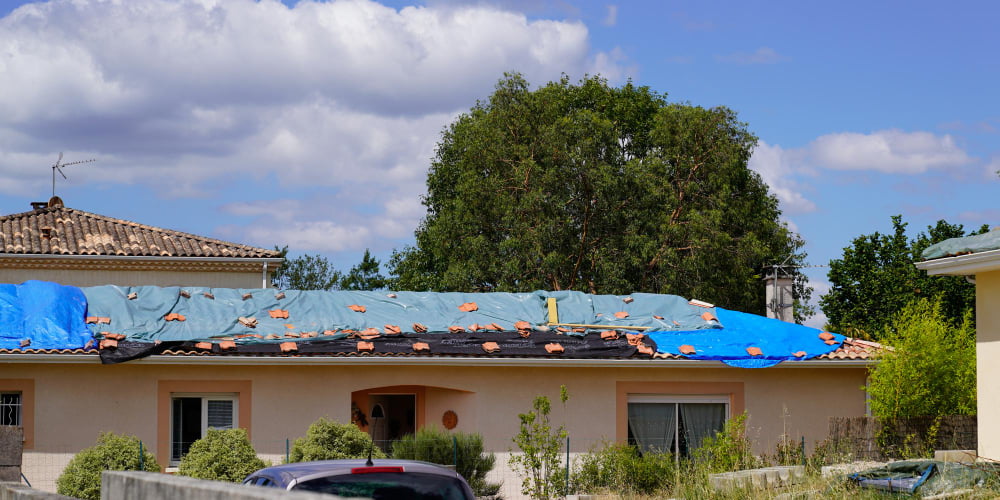
Deciding between repairing or replacing your roof is a significant decision that impacts not only the safety and aesthetics of your home but also its long-term value and efficiency.
Each of these factors plays a crucial role in the decision-making process. Balancing the immediate costs against long-term benefits and considerations will guide you toward the best choice for your home and financial situation.
Consulting with a professional roofer is a surefire way to ensure your decision is practical and cost-effective.
Recap:
